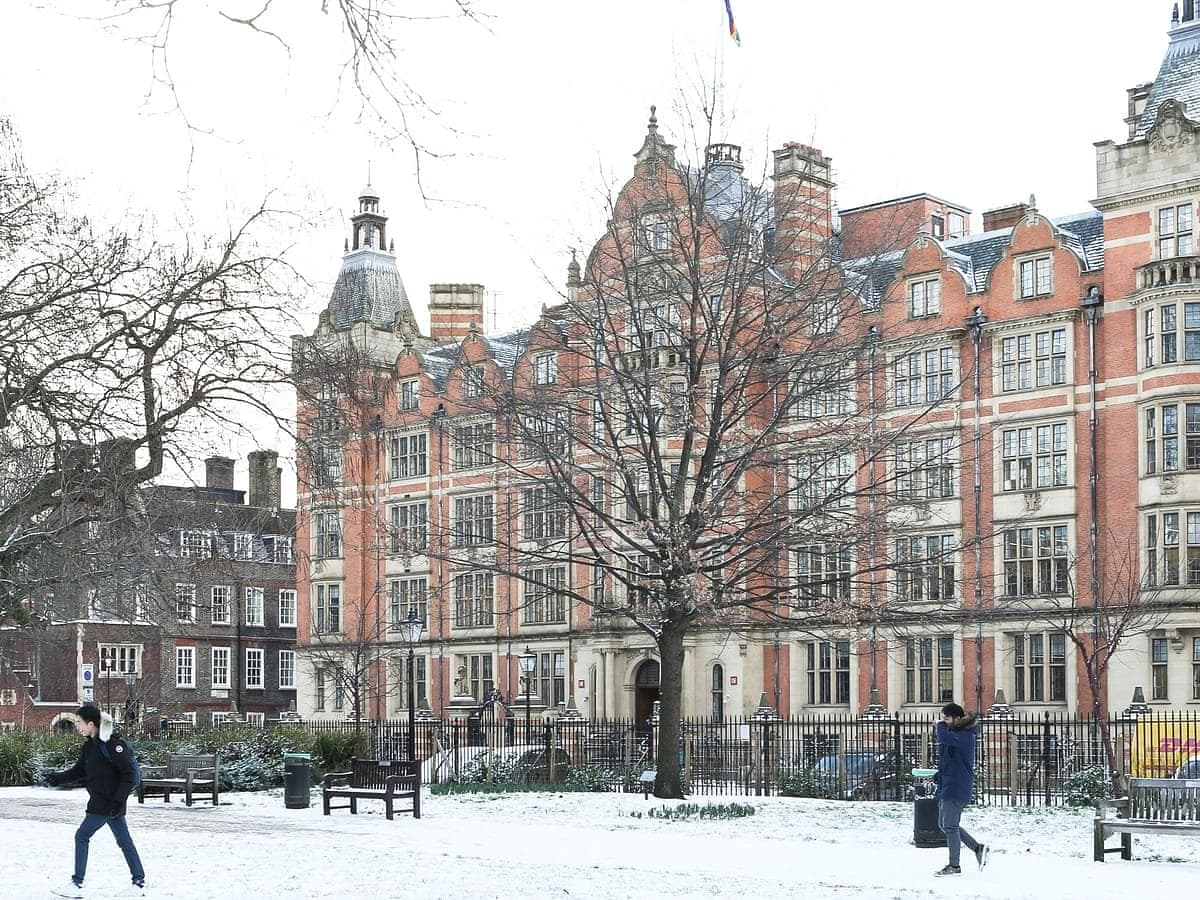The degree involves studying courses to the value of 12 units over three years, plus LSE100.
First year
In your first year you will take introductory courses in economic history, and in quantitative methods in mathematics, statistics and economics, as well as LSE100.
(* denotes a half unit course)
The Internationalisation of Economic Growth, 1870 to the Present Day
Focuses on the inter-relationships between the development of the international economy and the growth of national economies since the late nineteenth century.
Quantitative Methods (Mathematics)*
An introductory-level course designed to develop mathematical tools necessary for study in the social sciences.
Quantitative Methods (Statistics)*
An introductory-level course designed to develop the elementary statistical tools necessary for study in the social sciences.
Microeconomics I*
This course provides a foundation to help students understand key microeconomic questions using a variety of approaches including quantitative methods.
Macroeconomics I*
This course provides a foundation to help students understand key macroeconomic questions using a variety of approaches including quantitative methods.
Pre-Industrial Economic History
Surveys long-term processes of growth and development in late medieval and early modern Europe (fourteenth to eighteenth centuries).
LSE100*
A half unit, running across Michaelmas and Lent Term in the first year, LSE100 is compulsory for all LSE undergraduate students, and is designed to build your capacity to tackle multidimensional problems through research-rich education.
Second year
In your second year you will take one compulsory economic history course, and four half unit economics courses. You will also choose one economic history option.
Microeconomics II*
This intermediate-level course will help students understand key microeconomic questions and challenges and also evaluate possible solutions using a variety of approaches including quantitative methods.
Macroeconomics II*
This intermediate-level course will help students understand key macroeconomic questions and challenges and also evaluate possible solutions using a variety of approaches including quantitative methods.
Econometrics I*
Introduction to econometrics to teach students the theory and practice of empirical research in economics.
Econometrics II*
Intermediate-level course to teach students the theory of econometrics and the practice of empirical research in economics.
Theories and Evidence in Economic History
This course combines practical and theoretical approaches to conducting, evaluating and interpreting research in economic history. Students will learn to use primary sources and design their own research project. It also introduces students to critical interpretation and analysis of primary sources and research methodologies, and the nature of historical knowledge.
One economic history option
Third year
In your third year you will select from a selection of advanced economics courses. You will also take an advanced economic history option and an outside option. In addition, you will submit a 10,000 word research project.
An advanced economics course
One advanced economics option or an approved outside option
One advanced economic history option
Dissertation in Economic or Social History
